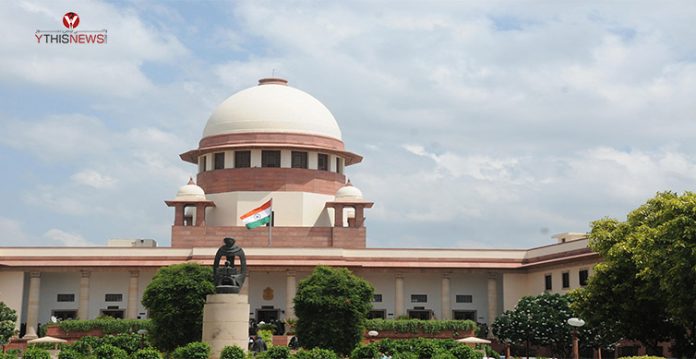Reservations have been a topic of discussion and debate around the country for a long time. However, in the recent development of the Maratha Quota case hearing the Supreme Court questioned the continuation of reservations for more generations.
Reservations Breached 50 Percent Cap
In the Maratha quota case, the Senior Advocate Mukul Rohatgi informed the five judge bench that the Mandal Judgement suggested capping of the quota should be re-looked. He said that the court should leave the decision to fix reservation quotas in with the changing circumstances.
ALSO READ: Supreme Court Upholds State Assembly’s Right To Pass Resolutions Against Central Laws
As he supported the Maharashtra law granting quotas to the Marathas, he referred to the various points given in the Mandal Judgement. He said that the Centre’s decision to provide ten percent quota to the economically weaker sections has ultimately led to the breach of the fifty percent cap.
During the hearing, he said that there are many reasons to re-look the Mandal Judgement which was built on the census of 1931 and since then the population has increased a lot over the years.
Supreme Court Takes A Jab With “Resultant Inequality”
The five-judge bench led by Justice Ashok Bhushan raised concerns about the “resultant inequality” with the Maratha quota. The bench said that if there is no fifty percent cap or no limit at all, what would the concept of equality look like.
“How many generations will you continue,” said the bench. The bench included Justice L Nageswara Rao, Justice Hemant Gupta, Justice S Ravindra Bhat and Justice S Abdul Nazeer.
ALSO READ: Supreme Court To Address Zakia Jafri’s Plea Against Gujarat Riots, 2002
The bench further said that it’s been seventy years since the independence of the country and states have received a lot of beneficial schemes. This only shows that we cannot accept that there is no development or no backward caste has moved forward.
The bench observed that the purpose of the Mandal Judgement was to ensure that the people who have come out of the backwardness, must be eliminated from the quota system.
Mr Rohtagi agreed that the country has moved forward but that does not mean that the backward classes have gone down from 50 percent to 20 percent. He said that people are still suffering from starvation and deaths. He further said that since then the population has increased even in the backward castes.
ALSO READ: Supreme Court Calls Goa State Election Commission Appointment As “Constitution Mockery”
As of now, the arguments in the case have not reached a conclusion yet and would resume on Monday.







